For leaders working to support young people leaving foster care, the challenge is often not only gaps in research, but also how fragmented and uneven the evidence can be across systems and settings.


For leaders working to support young people leaving foster care, the challenge is often not only gaps in research, but also how fragmented and uneven the evidence can be across systems and settings.

For years, the Child and Family Services Review has been a core way states assess safety, permanency and well-being in their child welfare systems.
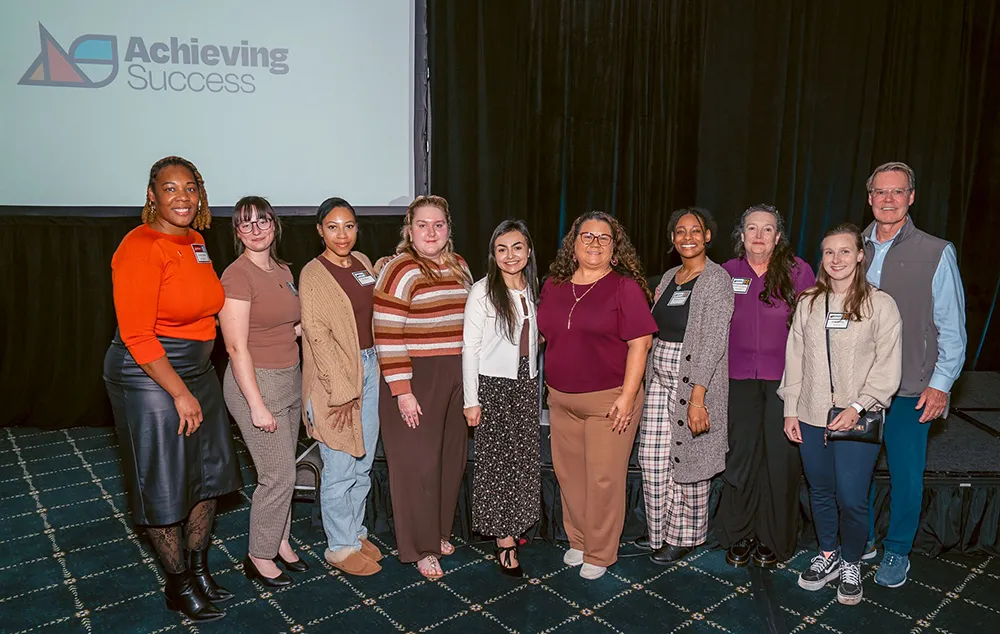
Earlier this November, child welfare leaders, policymakers and lived-experience experts from across the country gathered in Providence, Rhode Island, for the annual Achieving Success Executive Workshop hosted by Youth Villages.
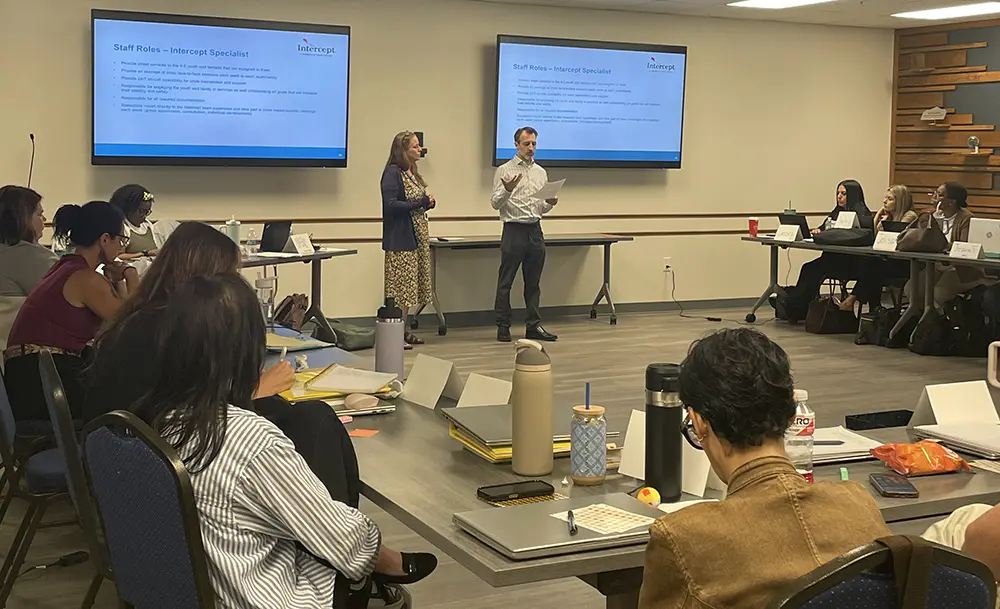
Twenty years of steady, positive change in New Jersey’s child welfare system yielded results: fewer than 3,000 children are now in foster care, the lowest number in state records.
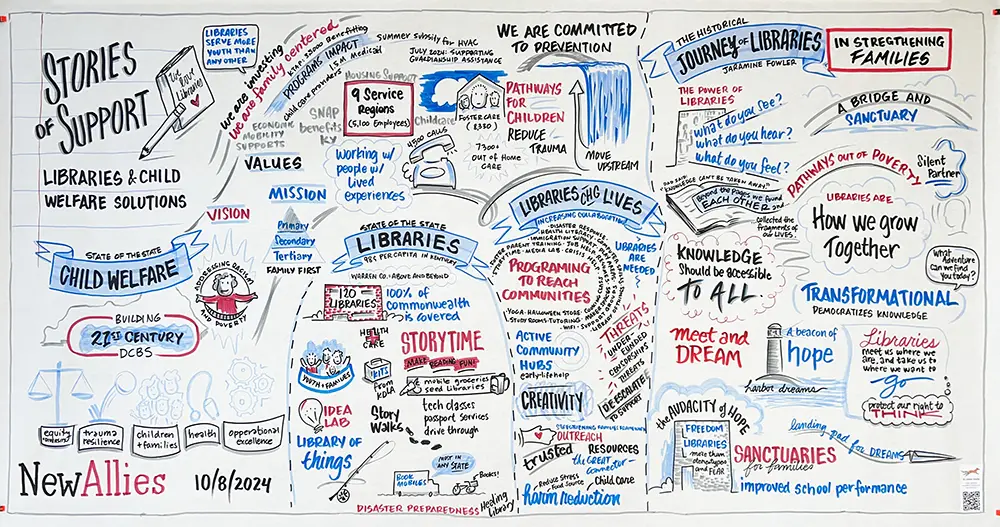
Four libraries across Kentucky are finding new ways to strengthen families and prevent unnecessary foster care placements
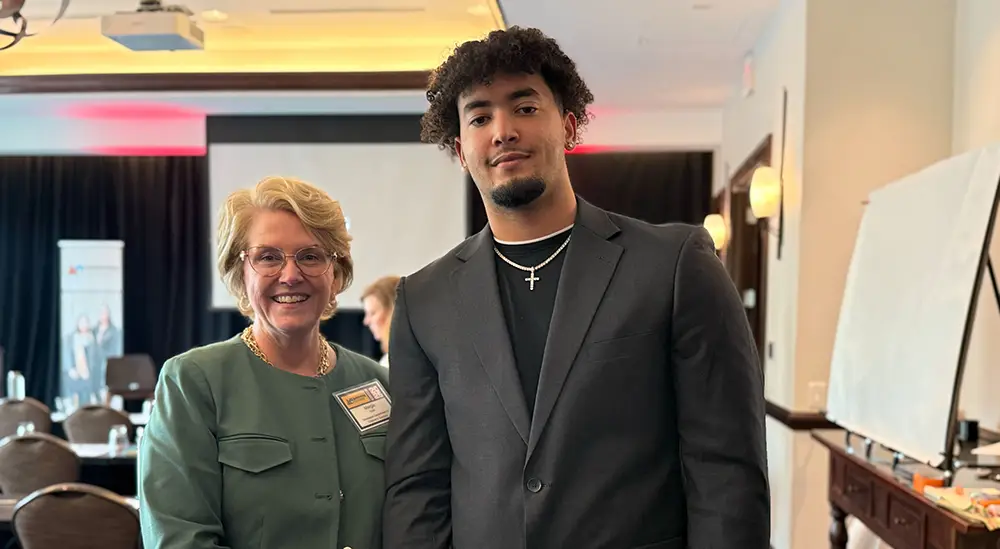
Earlier this year, young people in Tennessee gained more time and support as they move from foster care to adulthood. A new state law increases eligibility for the Extended Foster Care.

Youth Villages has announced a new round of Opportunity Grants to support states interested in adding or expanding its evidence-based program models, LifeSet™ and Intercept®.
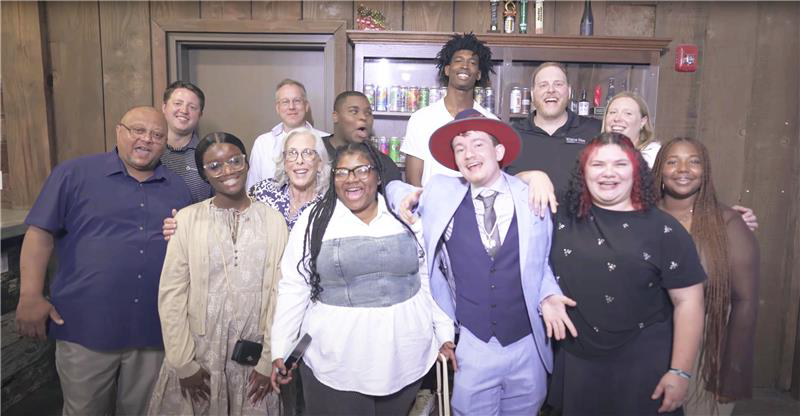
Over the past two years, Youth Villages supported eight nonprofit organizations led by individuals with lived experience in child welfare systems who are improving outcomes for transition-age young people through programming, advocacy and systems reform.
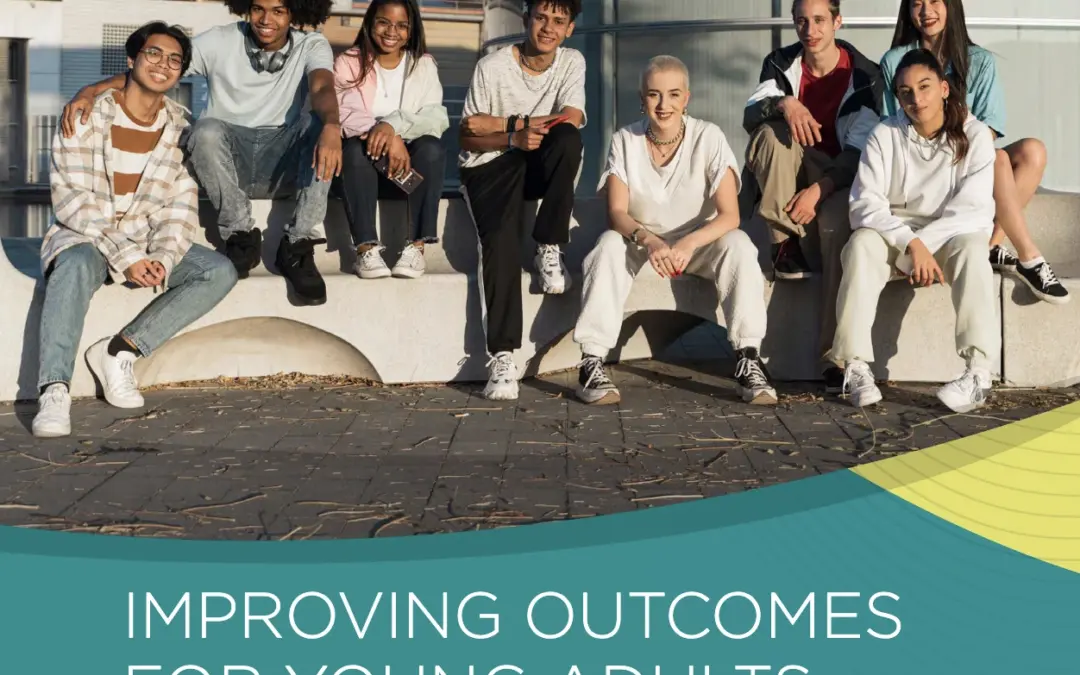
Despite some advances in support, young people who leave foster care at 18 continue to face critical challenges, including barriers to stable housing, access to basic assistance, opportunities for quality jobs and consistent educational support.

Youth courts in Bolivar, Marion, Harrison, Hancock and Jackson counties in Mississippi will be able to provide a range of innovative supports and evidence-based services to families through funding from New Allies, the consulting and technical assistance initiative of Youth Villages.